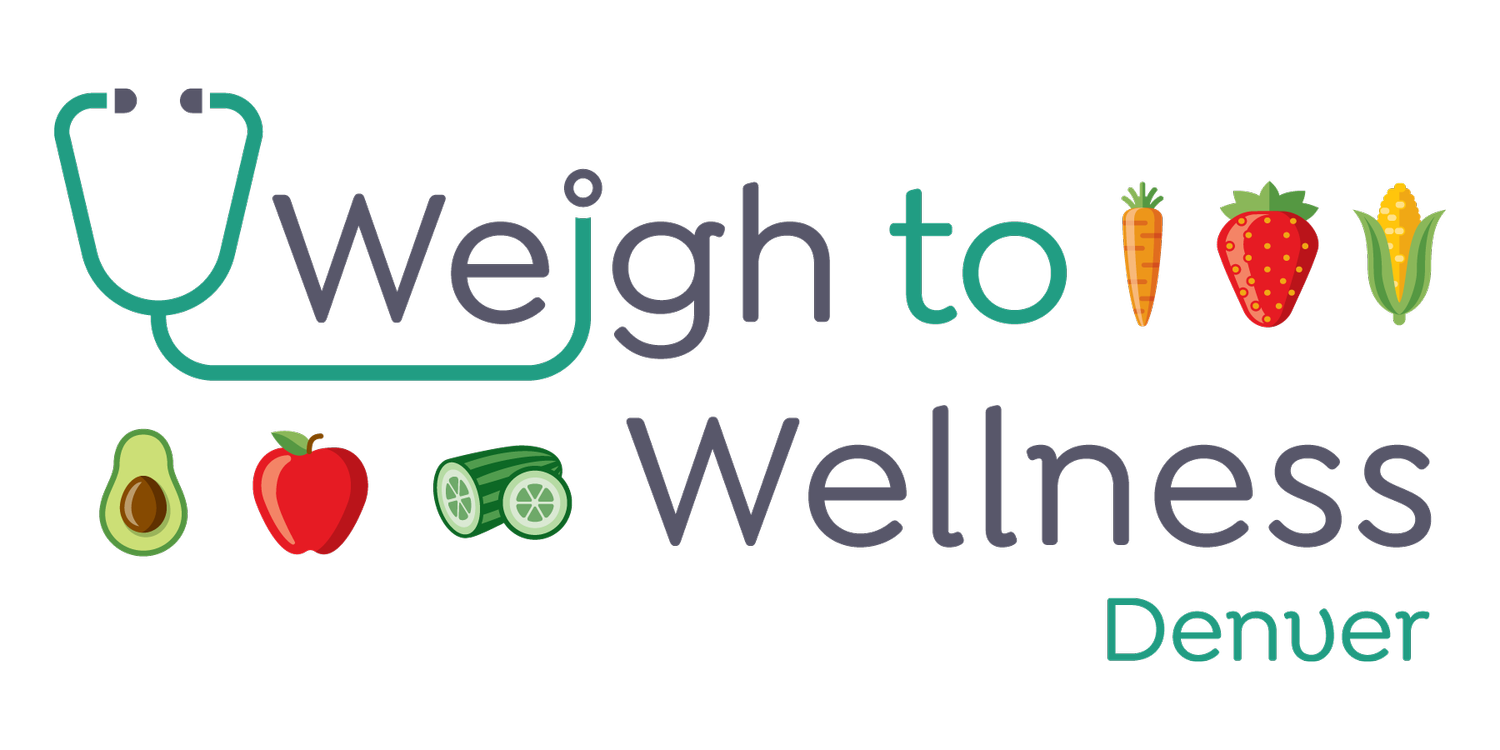Supplements and Immunity
Why do we use supplements?
From our last blog post, we now know that proper nutrition helps to support our innate immune system defenses. Micronutrients (vitamins and minerals) are a large part of how nutrition can support the body’s immune system. To obtain proper intake of these important nutrients, some may turn to supplements in order to fill in the gaps of their diet. For people who cannot make dietary changes or have genuine deficiencies, supplements can be helpful to ensure proper immune support.
Micronutrients that can help improve our immune defense system:
Vitamin A, vitamin B12, vitamin B6, vitamin C, vitamin D, vitamin E, zinc, copper, selenium, magnesium, iron, folate.
Rather than taking a handful of supplements every day, we can include these foods in our diet for immune support:
Vitamin A (fat soluble) - sweet potatoes, spinach, carrots, mango, broccoli and tomatoes.
Vitamin C (water soluble) - citrus fruits, berries, melons, tomatoes, bell peppers and broccoli
Vitamin D (fat soluble) - fatty fish, eggs, milk, some mushrooms
Vitamin E (fat soluble) - nuts, seeds, spinach, collard greens, avocadoes
Vitamin B12 (water soluble) - fish, eggs, poultry, fortified nutritional yeast and breakfast cereals
Folate (B6-water soluble)- beans, whole grains, dark leafy greens
Zinc (mineral) - better absorbed from animal sources such as beef and seafood, but also is in vegetarian sources such as wheat germ, beans, nuts and tofu
Copper (mineral) - shellfish, fish, nuts, seeds, whole grains, dark unsweetened chocolate
Selenium (mineral) -shellfish, fish, poultry, Brazil nuts, breads, cereals, eggs
Iron (mineral) - better absorbed in heme iron form (meat, fish, poultry) but is also present as its non-heme iron form (fortified breakfast cereals, lentils, beans, nuts, seeds and spinach)
Magnesium (mineral) - meat, fish, poultry, legumes, dark leafy greens, nuts, seeds, whole grains, fortified grains
Is it possible to “overdo it” with supplements?
Yes! For example, the Recommended Daily Amount (RDA) for vitamin C for adults is 80mg per day; however, most vitamin C supplements contain about 1,000-2,000 mg. This amount of vitamin C would be equivalent to eating 20-40 oranges. However, eating one orange and a half of a lime would meet your 80mg vitamin C needs for the day. Intake of vitamin C above the adult upper limit of 2,000mg can lead to stomach cramps, nausea and diarrhea, possibly leading to dehydration. Though vitamin C is a water soluble vitamin and is easily excreted, vitamin C supplementation plus sources in diet may add up to more than 2,000 mg per day. Obtaining enough micronutrients from the diet rather than supplements is helpful to prevent excess intake.
Dietary sources of micronutrients also have the added benefit of providing immune support from prebiotic sources. Prebiotics include vegetables, fruits, whole grains, beans, legumes, nuts and seeds. Prebiotics help feed the healthy bacteria in the gut, thus helping to strengthen the body’s immune defenses. If the option is available, obtaining immune-supporting micronutrients from food sources can provide more benefit than supplements alone.
*Any supplement should be approved by your health care provider and used in recommended doses. Remember that no single food or supplement can prevent or cure illness.
To learn more about the role that each micronutrient has on immune function, look into the resource below:

